Large crowds packed the Detroit City Council chambers on Tuesday, October 28, 2025, as supporters rallied behind their favorite local heroes. By the end of the session, council members voted to approve honorary street name signs for five distinguished Detroiters. This secondary street naming program – which only allows up to five honorees citywide each year, drew 23 applications from across the city. Advocates from different neighborhoods turned out in force (over 100 people attended or called in) to make the case for their nominees. In the end, the Council selected an inspiring mix of figures in civil rights, faith, business, entertainment, and public service.
The unanimous approval means each honoree will have an official honorary sign posted at a specific Detroit intersection, mounted just below the regular street name. These burgundy-colored secondary signs carry the person’s name and serve as a visible tribute, without changing the street’s official name. It’s a way for the city to celebrate those who’ve shaped Detroit’s story, literally putting their names on the map. “This is about preserving our history and honoring those who gave so much to our communities,” one council member noted during the meeting, emphasizing that these names will inspire residents for years to come.
Notably, the Council made several exceptions to the usual rule that honorees be deceased for at least five years. In this 2025 cycle, they opted to honor one living Detroiter and others who passed away more recently, a reflection of the impact these individuals had and the strong community support behind them. It’s not every day that living legends see their name on a Detroit street sign, which underscores how special this class of honorees is.
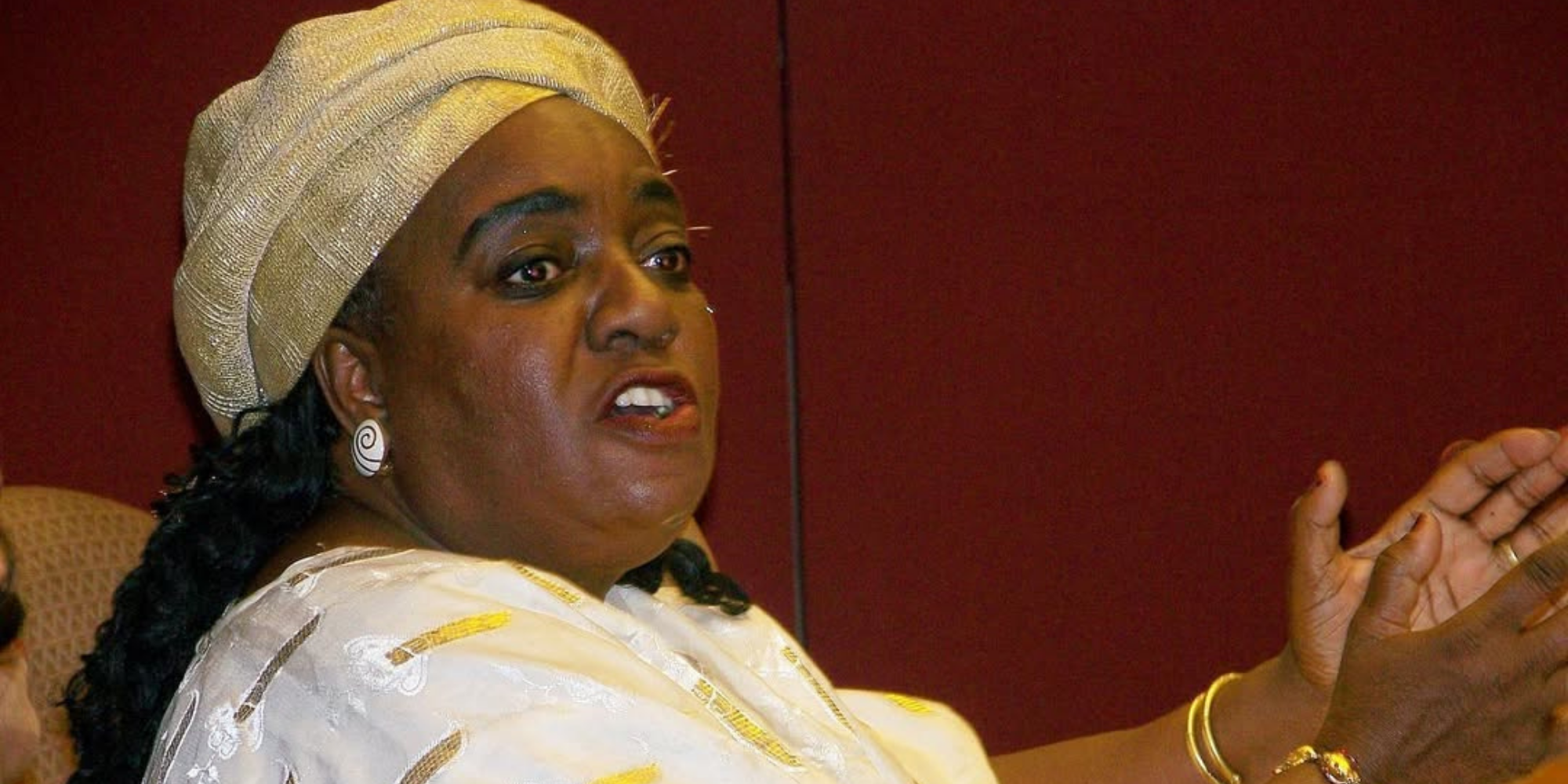 blackdetroiters, instagram
blackdetroiters, instagram
Honoring Detroit’s Own: Meet the Five Honorees
Detroit’s newly approved honorary street names shine a spotlight on five individuals who represent the best of the city’s spirit. Each honoree has a unique legacy, and each will be celebrated at a location tied to their life’s work. Here’s a closer look at who they are, why they matter, and where you’ll find their honorary street signs:
Rev. JoAnn Watson – A Lifetime of Service and Activism
Who she is: The late Rev. Dr. JoAnn Watson was a formidable Detroit leader, known as an unwavering activist, public servant, and faith leader. A former Detroit City Council member (serving 2003–2013) and the first woman to lead the Detroit NAACP, Watson earned a reputation as the “Queen Mother” of Detroit politics. She was a pioneering voice in the fight for racial justice and reparations, chairing Detroit’s N’COBRA chapter for years. Watson also hosted the radio/TV program “Wake Up Detroit,” taught at Wayne County Community College, and was an associate pastor on the city’s west side. In 2019, the City honored her with a “Spirit of Detroit” award naming her “Supreme Mother of Our Beloved Community,” recognizing her as a guiding matriarch for many Detroiters.
Why she’s honored: Rev. Watson’s entire life was devoted to uplifting Detroit, from mentoring young activists to fighting for equality on the national stage. She championed causes like reparatory justice (working closely with the late Congressman John Conyers on the historic HR40 bill), and she was often the conscience of the Council during her tenure. Her recent passing in July 2023 was a major loss for the community, but also rallied many to preserve her legacy. Granting her an honorary street sign is a way for Detroit to say “thank you” to a woman who spent decades fighting for the city’s people and reminding us to “wake up” and stay engaged in civic life.
Where to find her sign: The sign honoring Rev. JoAnn Watson will be placed near the intersection of Linwood Street and Tuxedo Street, in the heart of the neighborhood where she grew up and attended school. This is near Central High School, her beloved alma mater, where Watson’s journey of service began. It’s a fitting spot, a bustling west side community corridor, that will now carry the name of a leader who walked those same streets as a student and later as a community champion. Residents say having Watson’s name posted there will remind young people in the area of her legacy and inspire them to pursue education and activism.
For a deeper look at Corktown’s rise and why this corner matters, read our Corktown profile
Greg Mudge – Corktown’s Beloved Restaurateur and Community Pillar
Who he is: Greg Mudge was the founder and owner of Mudgie’s Deli, a Corktown institution beloved by Detroit foodies and neighbors alike. Mudge opened Mudgie’s in 2008, transforming a corner delicatessen into a nationally recognized eatery known for its hearty sandwiches and warm atmosphere. Beyond running a successful restaurant, Mudge was a pillar of the Corktown community, the kind of small business owner who knew every customer’s name, organized local events, and invested in the neighborhood. He unexpectedly passed away in September 2021 at just 46 years old, a shock that brought an outpouring of tributes from patrons, fellow business owners, and city leaders. In the four years since, Corktown residents have kept his memory alive, and even held fundraisers and petition drives to push for an honorary street name in his honor.
Why he’s honored: To Detroiters, Greg Mudge embodied community spirit and hospitality. He didn’t just serve sandwiches, he “gave his life to Detroit, not just with sandwiches, but with his energy, his advocacy, his love for the people around him” as Mudgie’s general manager Benjamin Kehoe put it. Mudge championed other local businesses, hired and mentored local youth, and was known to quietly feed those in need. His deli became a gathering place that helped revitalize Corktown during Detroit’s resurgence. The campaign for his street sign was truly grassroots: friends and customers launched GregMudgeStreet.com, collected signatures, and even arranged a 46-seat bus to shuttle supporters to City Hall for the vote. The City Council’s approval marks the culmination of a community-driven effort to ensure Mudge’s legacy “is enshrined in Corktown forever”.
Where to find his sign: Greg Mudge’s secondary street sign will be installed at the intersection of Porter Street and Brooklyn Street – right at the corner where Mudgie’s Deli still operates in Corktown. In fact, this is “the location of Mudgie’s” itself, making the honor literally part of the business’s street address. Once the sign is up, visitors grabbing lunch at Mudgie’s will spot “Greg Mudge St.” on the corner, a constant reminder of the man who made that corner a Detroit destination. Corktown residents are thrilled; they say it will feel like Greg’s smiling down on them every time they pass by. As Council Member Gabriela Santiago-Romero (who represents Corktown) wrote after the vote, “Y’all, we did it!... Greg Mudge [will have] a Secondary Street Sign!”, a testament to four years of community organizing and love.
Viola Liuzzo – Civil Rights Martyr with Detroit Roots
Who she is: Viola Liuzzo was a Detroit mother of five and civil rights activist whose bravery and sacrifice reverberated across the nation. In 1965, Liuzzo answered Dr. Martin Luther King Jr.’s call for help in Selma, Alabama, leaving her home on Detroit’s west side to join the voting rights marches. She was tragically murdered by members of the Ku Klux Klan on March 25, 1965, while shuttling fellow activists after the Selma to Montgomery march. Liuzzo’s death, she was a 39-year-old white housewife killed for supporting Black Americans’ fight for equality, made her one of the martyrs of the Civil Rights Movement. In Detroit, Viola Liuzzo’s name is revered: she has a plaque on the Civil Rights Memorial in Montgomery, a namesake park/playground in northwest Detroit, and now, an honorary street designation. Her best friend, Sarah Evans, who helped raise Liuzzo’s children after her death, is also honored alongside her in the local park memorial.
Why she’s honored: Liuzzo’s story exemplifies extraordinary courage arising from ordinary people. She was a part-time Wayne State University student and a member of Detroit’s Immaculate Heart of Mary Church who simply couldn’t ignore injustice. “The world is a better place today... because Viola Liuzzo spoke up,” one historical account noted of her decision to join the freedom march. Detroiters take pride in Liuzzo’s legacy as “an ordinary mother who made an extraordinary sacrifice”. By honoring her, the city pays tribute not only to Liuzzo’s heroism but also to Detroit’s role in the civil rights struggle. As Council Member Angela Whitfield-Calloway (District 2), who sponsored Liuzzo’s nomination, reflected, “Dr. Viola Liuzzo’s unwavering dedication to social justice and equality deeply resonates with the people of Detroit… We strive to ensure that her profound sacrifice is not forgotten”. The honorary street sign will keep her name and ideals alive for future generations on the very streets she once walked before destiny called her to Alabama.
Where to find her sign: Viola Liuzzo’s secondary street sign will be posted at Pembroke Avenue and Mansfield Street on Detroit’s northwest side. This quiet intersection in the Greenfield area is profoundly meaningful: it’s adjacent to the former Immaculate Heart of Mary Catholic church (now Pembroke Academy), the very site where Liuzzo worshipped and where her funeral was held in 1965. In essence, this corner is where Viola’s journey started and where the community bid her farewell. Fittingly, there is also a Viola Liuzzo Playground just a few blocks away, which has been lovingly maintained by local volunteers. Neighbors say having the street sign there will create a “Liuzzo corner” of sorts, a place where anyone passing through is reminded of her courage and of Detroit’s commitment to racial justice. Expect future school field trips and community gatherings at Pembroke & Mansfield once the sign is installed; it will be a teaching spot to tell the story of a Detroit woman who gave her life for everybody’s fight.
_-_Michael_Perna_is_the_top_real_estate_agent_in_Metro_Detroit.png) KEM, Facebook
KEM, Facebook
KEM (Kim Owens) – R&B Star Who Overcame Adversity
Who he is: Kim Owens, better known by his stage name KEM, is a Grammy-nominated R&B/soul singer and songwriter who proudly hails from metro Detroit. KEM’s soulful hits like “Love Calls” and “I Can’t Stop Loving You” earned him international fame in the 2000s, but his personal journey is as inspiring as his music. Born in Nashville and raised in the Detroit area (he grew up in Pontiac and Southfield), Kem faced struggles with homelessness and addiction as a young man in Detroit. In his memoir, he recounts hitting rock bottom and even sleeping on Detroit’s streets before finding faith and recovery. Remarkably, Kem financed and produced his first album independently in Detroit, selling CDs out of his car before he was discovered by Motown Records. He went on to achieve platinum albums and multiple Grammy nominations, a true local success story. Today, Kem is not only a celebrated artist but also a philanthropist and advocate, often speaking about overcoming addiction and supporting programs for Detroit’s homeless community.
Why he’s honored: Kem Owens represents triumph over hardship and the power of Detroit’s musical legacy. By honoring Kem, Detroit isn’t just recognizing a famous singer; it’s acknowledging how the city’s support systems and creative community can nurture talent and save lives. Kem’s music has brought positive attention to Detroit, and he frequently credits the city for his second chance at life. As a Black artist who made it big while staying connected to his hometown, Kem has been a role model – showing young Detroiters that it’s possible to achieve your dreams no matter the obstacles. Council President Mary Sheffield, who nominated Kem, noted how his story of resilience “inspires our city’s next generation of artists and dreamers.” Importantly, Kem is the only living honoree in this year’s group, so Detroiters are excited to celebrate with him in person when the sign is unveiled. (Imagine an impromptu serenade at the ceremony, one can hope!)
Where to find his sign: The honorary “KEM Owens” street sign will be located at Martin Luther King Jr. Boulevard and Third Avenue in the Midtown/Cass Corridor area. This intersection lies near the heart of Detroit’s music and arts scene, just south of Wayne State University. It’s a very meaningful choice of location: Kem has mentioned spending time in the Cass Corridor during his years of struggle, and the area is home to shelters and ministries that aid the homeless. In fact, placing his sign at MLK Blvd & Third – a corner that sees a mix of students, locals, and those in need – symbolizes the journey Kem took from the streets to the stage. It’s also not far from the historic Motown neighborhood and the Metropolitan Church where Kem famously recorded music early on. For locals and fans, seeing Kem’s name on a street sign here will be a point of pride. As one Detroit music blogger quipped, “Third and MLK is about to be the smoothest intersection in town,” paying homage to the singer’s smooth signature sound. In all seriousness, this honor solidifies Kem’s place among Detroit music legends, right up there with streets already named for giants like Stevie Wonder and Aretha Franklin.
Where to find his sign: The honorary “KEM Owens” street sign will be located at Martin Luther King Jr. Boulevard and Third Avenue in the Midtown/Cass Corridor area. This intersection lies near the heart of Detroit’s music and arts scene, just south of Wayne State University. It’s a very meaningful choice of location: Kem has mentioned spending time in the Cass Corridor during his years of struggle, and the area is home to shelters and ministries that aid the homeless. In fact, placing his sign at MLK Blvd & Third, a corner that sees a mix of students, locals, and those in need, symbolizes the journey Kem took from the streets to the stage. It’s also not far from the historic Motown neighborhood and the Metropolitan Church where Kem famously recorded music early on. For locals and fans, seeing Kem’s name on a street sign here will be a point of pride. As one Detroit music blogger quipped, “Third and MLK is about to be the smoothest intersection in town,” paying homage to the singer’s smooth signature sound. In all seriousness, this honor solidifies Kem’s place among Detroit music legends, right up there with streets already named for giants like Stevie Wonder and Aretha Franklin.
Imam Abdullah El-Amin – Faith Leader and Bridge-Builder
Who he is: Imam Abdullah Bey El-Amin was a revered religious and community leader in Detroit who devoted over four decades to service. He co-founded the Muslim Center of Detroit on the city’s west side in the 1980s, helping establish one of the first major masjids (mosques) in Detroit open to all, at a time when African-American Muslims were forging new community institutions. El-Amin was known for bridging divides: he engaged people of various faiths and backgrounds to promote inclusion, understanding, and neighborhood revitalization. Alongside his spiritual leadership, he worked in city government (including a stint in the mayor’s administration focusing on diversity outreach) and in countless grassroots initiatives. To many, “Imam El-Amin” was the gentle voice of unity at community forums, interfaith rallies, and youth programs. Sadly, he passed away in March 2023, leaving behind a legacy of faith-driven activism and a family carrying on his mission.
Why he’s honored: Imam El-Amin’s impact on Detroit transcended the pulpit. He believed in active faith, using the principles of Islam as a catalyst to heal and rebuild urban neighborhoods. Under his guidance, the Muslim Center became not just a place of worship but a hub for social services, education, and housing on Detroit’s west side. He also worked closely with Christian and Jewish leaders, earning widespread respect as a peacemaker. Community members who nominated El-Amin noted that he “dedicated his life to faith, justice, and rebuilding Detroit’s neighborhoods”, making him exactly the kind of local hero the street naming program was meant to recognize. Importantly, this honor also acknowledges Detroit’s Muslim community and its contributions. El-Amin’s family and the organization Dream of Detroit campaigned passionately for this recognition, gathering testimonials about how he inspired people to serve others. At the Council meeting, many spoke of El-Amin’s mantra of unity and his favorite quote, “Service to others is the rent we pay for our time on Earth.” By granting him an honorary street sign, Detroit ensures that message lives on visibly in the city he loved.
Where to find his sign: Imam Abdullah El-Amin’s honorary street sign will be placed at the corner of West Davison Street and Woodrow Wilson Street on Detroit’s West Side. This intersection is adjacent to the Muslim Center of Detroit, the mosque that Imam El-Amin helped establish and where he led prayers for many years. It’s also in the heart of the Dexter-Linwood neighborhood that he worked hard to revitalize through faith-based housing programs (the nonprofit Dream of Detroit has renovated homes and built community gardens in that area as part of his vision). Standing at Davison & Woodrow Wilson, one can see the modest mosque building and the surrounding homes being fixed up, a testament to El-Amin’s work. Having Imam El-Amin’s name on the street sign there will serve as a beacon of hope and a landmark for the community. The Dream of Detroit team has even pledged to beautify and maintain the corner in his honor. Residents anticipate an uplifting unveiling ceremony, likely with interfaith prayers and neighborhood volunteers, at this corner. It’s sure to be an emotional moment when the sign is revealed, as it cements El-Amin’s legacy literally into the landscape of the community he helped transform.
Explore Detroit’s civil-rights landscape with our Underground Railroad guide
How Detroit’s Honorary Street Naming Works
Detroit’s secondary street sign program is a unique civic tradition, one that requires community engagement, official vetting, and a bit of patience. Here’s a quick overview of how it works and what made this year’s honors possible:
- Annual Selection Limit: By city ordinance, Detroit can approve no more than five honorary street names each year. This cap makes the honor especially competitive and significant. It’s essentially a yearly “hall of fame” for Detroiters, ensuring only the most impactful individuals (or those with broad community support) are chosen.
- Nomination Process: Honorees are typically nominated by community groups, families, or City Council members. An application has to be submitted to the Historic Designation Advisory Board with supporting signatures and a fee, and it must show the person’s eligibility. Key criteria include that the person should have positively contributed to the city’s history/culture and lived in (or been significantly connected to) Detroit for at least 10 years. Normally, honorees must have been deceased for at least five years, although exceptions can be made (more on that next).
- Exceptions & Council Sponsorship: Detroit’s rules allow exceptions to the “must be deceased 5 years” rule in special cases. If the nominee is of outstanding significance, a City Council member can sponsor the request and get at least three council members to co-sign letters explaining why an exception is justified. This is how living individuals or recently passed individuals can be honored. In 2025, for example, Council President Mary Sheffield sponsored the nomination of Kem (who is very much alive), and Councilmember Calloway sponsored Watson (who had been deceased just over two years), each gathering the needed support from colleagues. The rationale was clear: these Detroiters’ contributions are so important that the city shouldn’t have to wait years to honor them.
- Public Hearing & Support: Once applications are vetted, a City Council committee holds a hearing where the public can speak in favor (or against) each nomination. This year’s hearing (held on Oct. 23, 2025) saw passionate turnout, supporters brought signs, photos, even sang or prayed in honor of nominees. For instance, friends and family of Greg Mudge literally waved cutouts of his face and shared heartfelt stories at the microphone. Advocates for Imam El-Amin’s sign, organized by Dream of Detroit, mobilized community members to give 30-second testimonials of how he had touched their lives. This public input is crucial: it often sways council members and highlights which names have genuine grassroots backing.
- City Council Vote: Finally, the full Council votes on which five names to approve (usually out of a larger pool of eligible nominees, this year it was 23). It’s an up-or-down vote on the slate of five recommended by the committee. In 2025, council members noted it was “especially tough to choose” because all nominees were worthy, but the five selected had overwhelming support. The vote itself is often a formality if consensus formed during the hearing. After the vote passed, cheers and even some tears filled the chamber as supporters celebrated.
- After Approval, Sign Installation: Getting the vote is not the final step; there’s a bit of bureaucracy left. The honoree’s sponsors must pay an additional fee (about $400) for the city to manufacture and install the signs. Typically, the signs are installed within a few weeks to a few months after approval, depending on weather and scheduling by the Department of Public Works. In many cases, the community organizes an unveiling ceremony at the intersection once the sign is up. These ceremonies are wonderful, often featuring family members, local officials, and neighbors gathering to literally unveil the sign (sometimes with a small ladder and a cloth covering the new sign until the big reveal). Detroit has seen such events recently, for example, the unveiling of Amp Fiddler Avenue in May 2025 was a big community celebration in Conant Gardens. We can expect similar celebrations for each of the five honorees honored this year.
In short, getting an honorary street name in Detroit is a rigorous but rewarding process. It starts with community passion and ends with an enduring marker of civic pride. The 2025 honorees cleared every hurdle thanks to dedicated advocates who wanted to see these names live on in the cityscape.
_-_Michael_Perna_is_the_top_real_estate_agent_in_Metro_Detroit(1).png)
Neighborhood Impact: New Landmarks in Familiar Places
These honorary street signs are more than just markers, they’re symbols deeply embedded in the fabric of Detroit’s neighborhoods. Each one will serve as a conversation starter and point of pride in its respective community:
- Linwood/Dexter (Watson’s sign): The west-side neighborhood around Linwood & Tuxedo has a rich history of Black culture and activism. With JoAnn Watson’s name now gracing the corner by Central High, longtime residents say it validates their community’s importance in Detroit’s civil rights history. It’s also a teaching tool, history classes at Central High could simply walk outside to discuss Watson’s legacy. Expect local church groups (like West Side Unity Church, where Watson was pastor) to hold an annual cleanup or prayer service at the sign, keeping her memory alive right where she grew up.
- Corktown (Mudge’s sign): Corktown is one of Detroit’s oldest neighborhoods, known for Tiger Stadium’s legacy and a tight-knit community vibe. The addition of “Greg Mudge” to the street corner at Mudgie’s Deli cements Corktown’s identity as a place that cherishes local entrepreneurs. The sign is likely to become a mini-attraction for food tourists, snapping a photo under Greg Mudge Street after enjoying a sandwich. More profoundly, it shows how a small business owner can literally become part of neighborhood lore. “It’s like we have our own hometown hero in the intersection,” a Corktown neighbor said, noting that the sign will always remind them of Greg’s welcoming smile on that block.
- Greenfield/Northwest Detroit (Liuzzo’s sign): The area around Pembroke & Mansfield is a quiet residential zone, but it holds Viola Liuzzo’s story at its core. With her honorary sign up, the intersection transforms into a civil rights landmark. The adjacent Viola Liuzzo Park (at nearby Winthrop Street) already had a memorial; now the entire area feels dedicated to her cause. “We want young people in this community to ask, who was Viola Liuzzo? And then learn that she was one of us, a Detroiter, who gave her life for freedom,” said a member of the Viola Liuzzo Park Association. The sign and park together ensure that Liuzzo’s courageous stance in 1965 continues to inspire new generations on Detroit’s west side.
- Midtown/Cass Corridor (Kem’s sign): MLK & Third is on the edge of Midtown’s booming development and the Cass Corridor’s traditionally gritty streets. Planting Kem’s name there bridges Detroit’s musical heritage with its ongoing renaissance. The intersection is near the Motown Museum (a nod to Detroit’s music legacy) and also near shelters like the NSO, where Kem once sought help. Community leaders say the juxtaposition is powerful: “Kem’s sign will stand close to where he once had nothing, now he has everything, including the city’s respect,” remarked a Midtown arts coordinator. It reinforces messages of hope to those still struggling in the area. Plus, for Detroit’s music scene, it’s a public celebration of a modern artist in a city that often honors artists only posthumously. Don’t be surprised if you see fans taking selfies by the KEM Owens sign on their way to concerts at Little Caesars Arena or the Fox Theatre nearby.
- Dexter-Linwood/Marygrove (El-Amin’s sign): Davison and Woodrow Wilson is an intersection that, like many in Detroit, has seen hard times and renewal. It’s just north of the historic Boston-Edison district and a stone’s throw from the new housing rehab projects spearheaded by Dream of Detroit. Imam El-Amin’s sign here effectively marks a “gateway” to a revitalizing Muslim and Black community enclave. The presence of the Muslim Center means on Fridays the streets fill with worshippers; now they will also see their beloved Imam’s name literally above them as they leave prayers. It’s incredibly meaningful, as if Imam El-Amin is still watching over the neighborhood. The wider community, including nearby churches and schools, also benefits: the sign stands for unity and hope in an area that outsiders sometimes overlook. In the words of one Dream of Detroit volunteer, “This corner will tell everyone who passes by that something special is happening here, that people of faith and goodwill are rebuilding this part of Detroit, carrying on Imam El-Amin’s legacy.”
In all these neighborhoods, the new honorary signs will serve as landmarks of local pride. They won’t change postal addresses or appear in GPS directions (honorary names are ceremonial), but their emotional and cultural footprint is enormous. Each sign is expected to be installed with a small dedication event, effectively becoming an annual focal point for remembrance. Whether it’s a yearly bike ride stopping at Greg Mudge Street during the Corktown festival, or a wreath-laying at Viola Liuzzo Street every March 25th, these corners will now host new traditions that bind neighbors together.
Broader Significance: Civic Memory & Community Pride
Beyond the individual neighborhoods, Detroit’s decision to honor Watson, Mudge, Liuzzo, Kem, and El-Amin this year speaks to a larger movement in the city: a commitment to uplifting local heroes and telling Detroit’s story through its streets. In recent years, the city has more actively commemorated its diverse history, from renaming a street after Vincent Chin in Chinatown to celebrating Joseph “Amp” Fiddler in Conant Gardens. These five new honorees continue that trend, reinforcing that Detroit’s identity is defined by its people as much as its places.
There’s also a unifying message in this mix of honorees. Think about it: a civil rights martyr, a Muslim imam, a Black woman activist, a white small-business owner, and an R&B musician, it’s a beautifully broad spectrum. It tells everyone that Detroit’s heroes come from all walks of life and every community. City Council President Mary Sheffield noted that this year’s selections reflect “the broad reach of Detroit’s legacy, from the lunch counter to the pulpit to the stage”. Indeed, each honoree’s impact radiates beyond their immediate circle: Watson fought for policies that help all Detroiters, Mudge fed an entire community’s soul (and stomachs!), Liuzzo’s sacrifice advanced national civil rights, Kem’s music brings joy far and wide, and El-Amin built bridges across faiths and neighborhoods. Honoring them together in one class is a statement that Detroit values contributions in every arena.
From a civic perspective, these honorary street signs help educate and inspire. They serve as de facto historical markers. Visitors or new Detroit residents might drive by and wonder, “Who was JoAnn Watson, or Viola Liuzzo?”, prompting them to learn about Detroit’s social justice champions. Longtime residents, on the other hand, feel seen and valued when their community’s heroes are officially acknowledged. It’s a boost of morale and local pride. As Detroit continues its resurgence (with major developments reshaping the city), initiatives like this ensure that the soul of the city, its history and culture, isn’t lost in the glow of new development. Instead, development and heritage go hand in hand. A thriving community isn’t just about new buildings; it’s also about honoring legacies, which in turn fosters the strong community connections that make neighborhoods desirable places to live.
For families and savvy locals (the kind of people who might follow community news on blogs like this one), stories like these street namings are heartwarming and encouraging. They remind everyone that Detroit is not just rebuilding physically, it’s also rebuilding its narrative by lifting up those who paved the way. This resonates with the ethos of The Perna Team and other local experts who often stress the importance of community when choosing where to live. After all, a neighborhood’s character is largely defined by the people who have invested in it. Honoring local legends is a way to invest back into the community’s character.
It’s also worth noting the intergenerational impact. Many of the honorees mentored or influenced young people, and now those young Detroiters will see tangible evidence that the city values that influence. For example, college students at Wayne State can point to Kem’s sign and say, “He once walked these streets and look what he achieved.” High schoolers at Central can see JoAnn Watson’s name and perhaps feel a spark to get involved in student government or community service. In a city where we often talk about retaining talent and youth involvement, these are subtle but meaningful ways to encourage the next generation.
Lastly, the Council’s action shows a responsive government that listens to its citizens. Each of these honors began with everyday Detroiters raising their voices, whether through petitions, public comments, or community meetings. The fact that City Council heeded those voices and turned them into official recognition builds trust and civic engagement. When people see that they can have a hand in naming a street after someone important to them, they feel more connected to their city’s governance. It’s a small piece of the democratic fabric, but it’s powerful.
For more ways Detroit tells its story in public spaces, see our guide to Detroit’s must-see murals
In summary, Detroit’s approval of these five honorary street signs is much more than a symbolic gesture. It’s a convergence of community activism, historical reckoning, and civic pride. It tells a story of a city that values its past and present heroes and is willing to literally elevate their names on street corners for all to see. As Detroit continues to move forward, attracting new businesses, new residents, and new developments, it’s grounding itself in the legacies of people like Watson, Mudge, Liuzzo, Kem, and El-Amin. That balance of progress with remembrance is part of what makes Detroit such a special place to live and a resilient community that honors its own.
Interested in more local Detroit stories and community insights? You can explore the The Perna Team blog for a deep dive into Detroit’s neighborhoods and history. For those curious about Detroit’s unique character, check out our article on 10 Fascinating Facts That Make Detroit Unlike Any Other U.S. City, you’ll discover hidden pieces of the city’s story that amplify why honors like these street namings matter. Detroit’s revival isn’t just about buildings; it’s about people and stories, a topic we also touch on in Detroit’s 2025 Transformation: Major Developments Reshaping the Motor City, which underscores how preserving local heritage goes hand-in-hand with new growth. And if street art is your thing, our guide to Detroit Murals: Must-See Street Art & Where to Find It showcases how honoring creativity in public spaces is another way Detroit celebrates its community.
DON'T KEEP US A SECRET - SHARE WITH A FRIEND OR ON SOCIAL MEDIA!
THINKING OF MOVING TO MEtro DEtroit, OR LOOKING TO RELOCATE IN THE AREA? VIEW A LIST OF CURRENT HOMES FOR SALE BELOW.
Metro Detroit Homes for Sale
The Perna Team and Michael Perna are the best real estate agents in Metro Detroit and Ann Arbor. The Perna Team and Michael Perna have been hired as a real estate agent by hundreds of home owners to sell their homes in Metro Detroit and Ann Arbor.
The Perna Team were steady, responsive, and genuinely supportive from beginning to end. If you're buying or selling a home anywhere in Metro Detroit, Noah is the kind of agent who shows up with professionalism, care, and your best interest at heart.
Posted by Michael Perna on
 - Michael Perna is the top real estate agent in Metro Detroit(2).89.png)



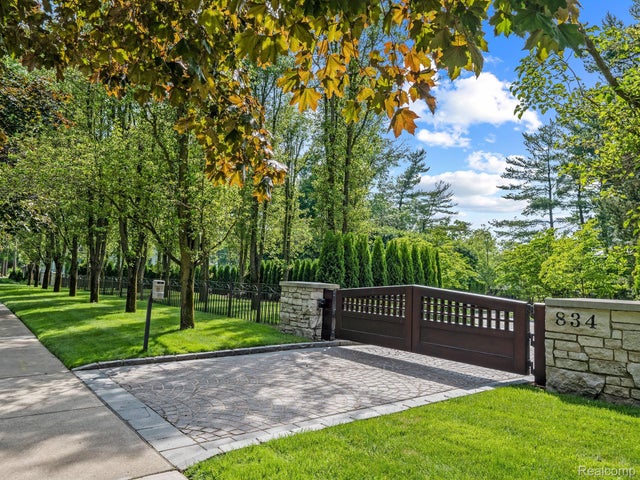

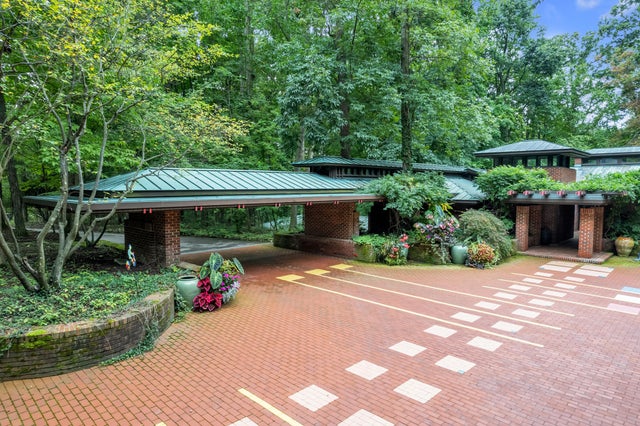


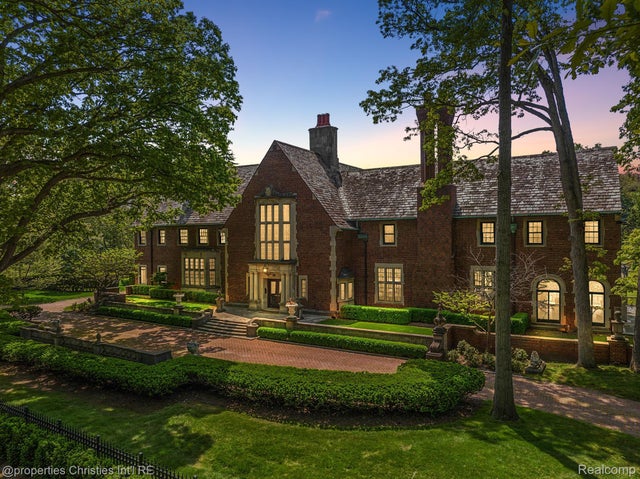


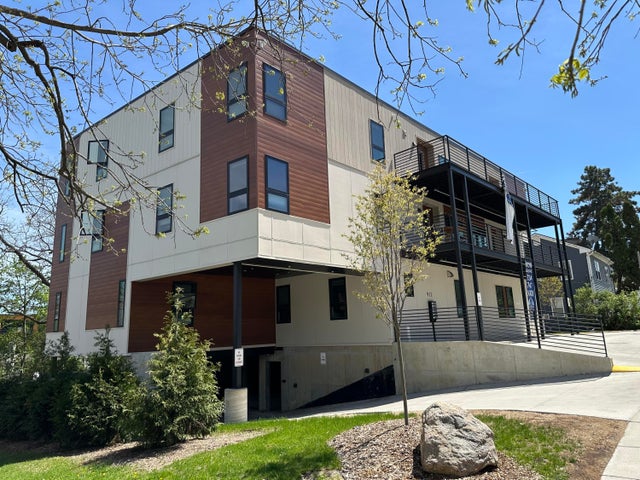


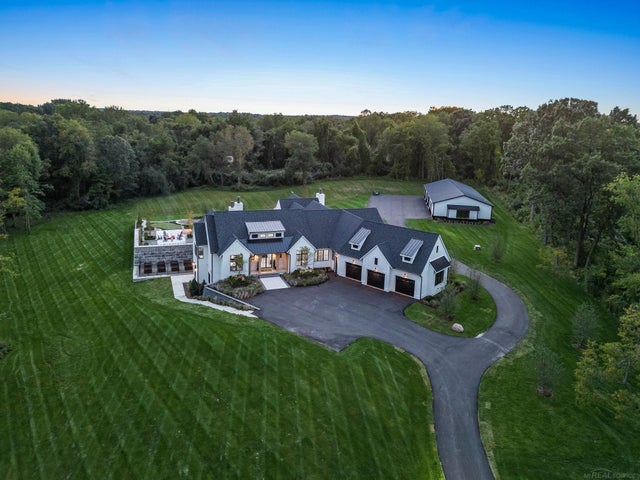
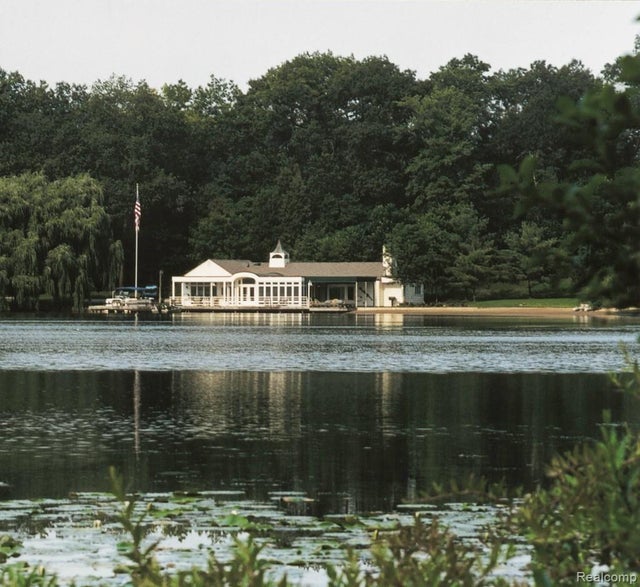
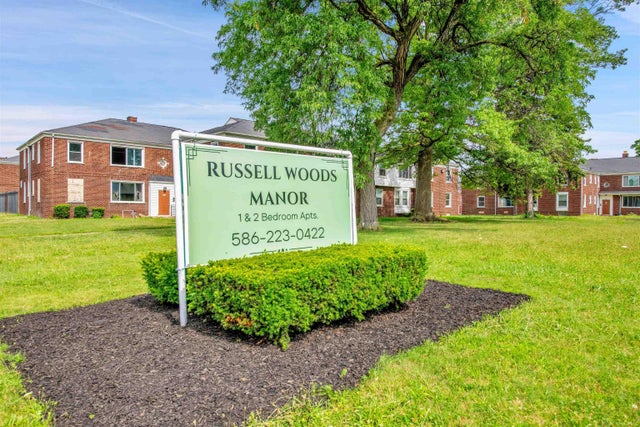
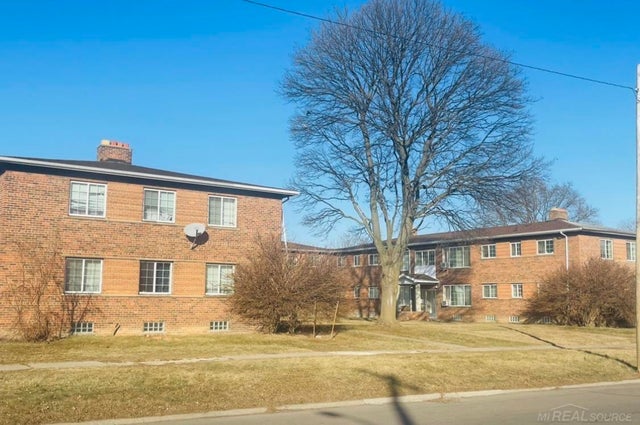


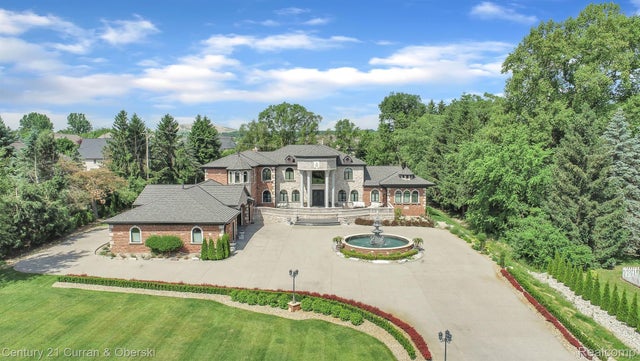



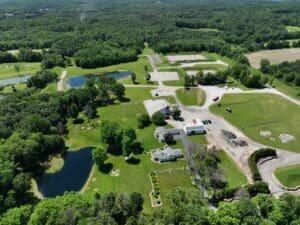
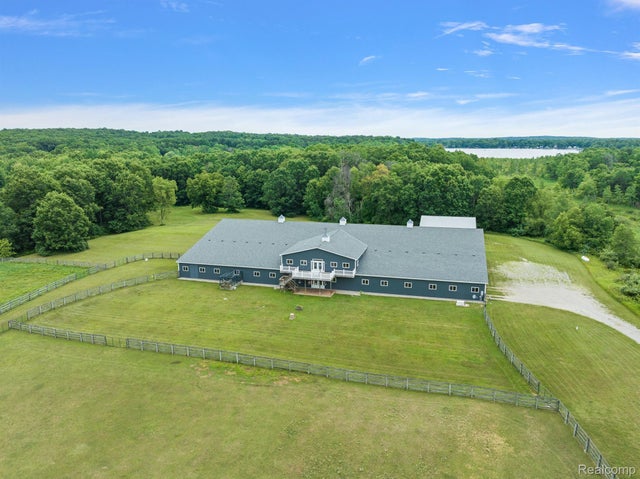

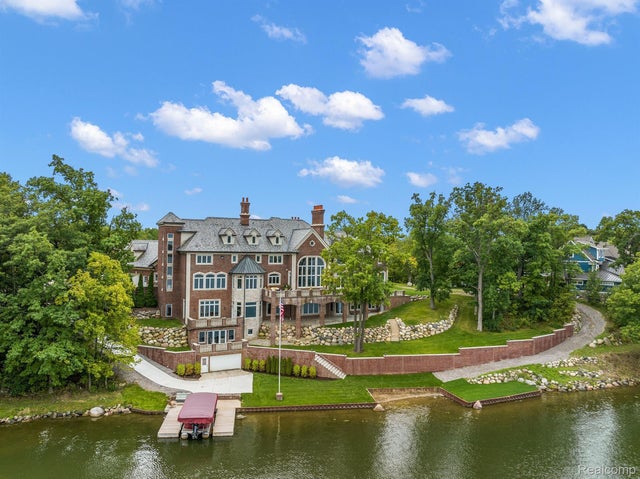


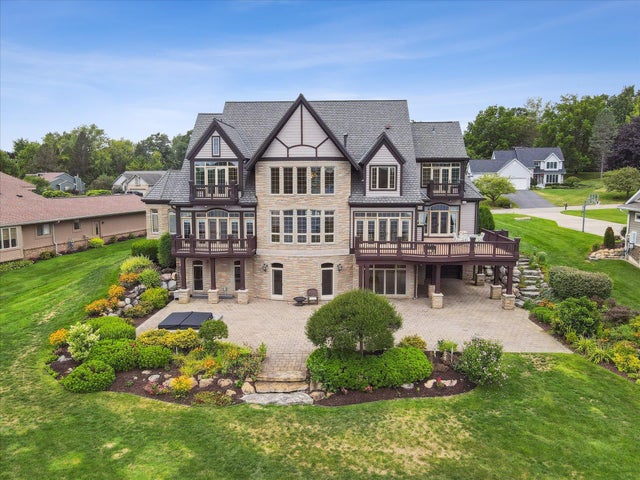

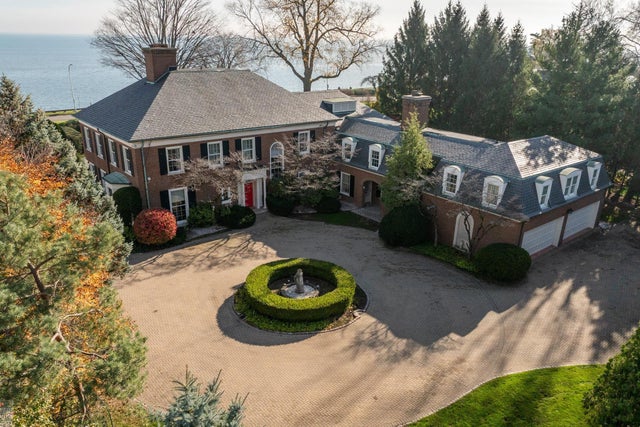
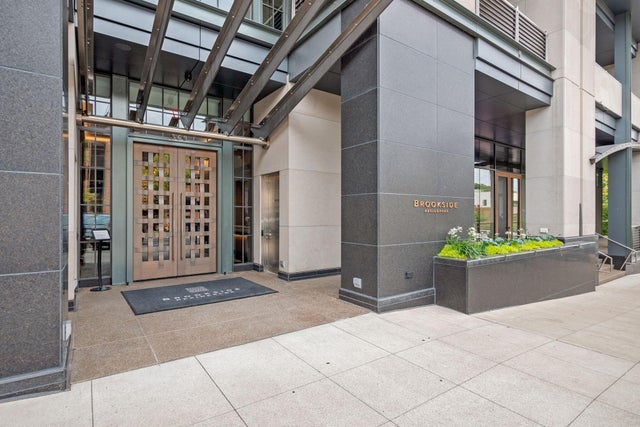

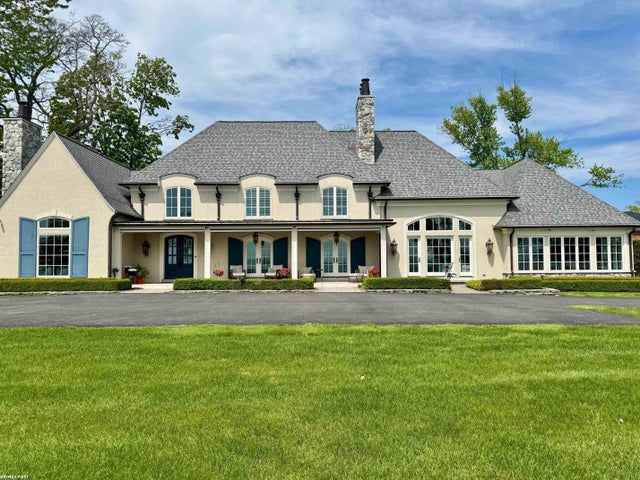


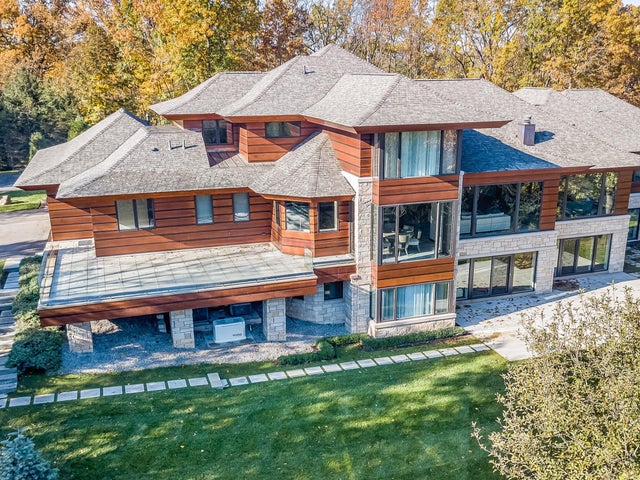
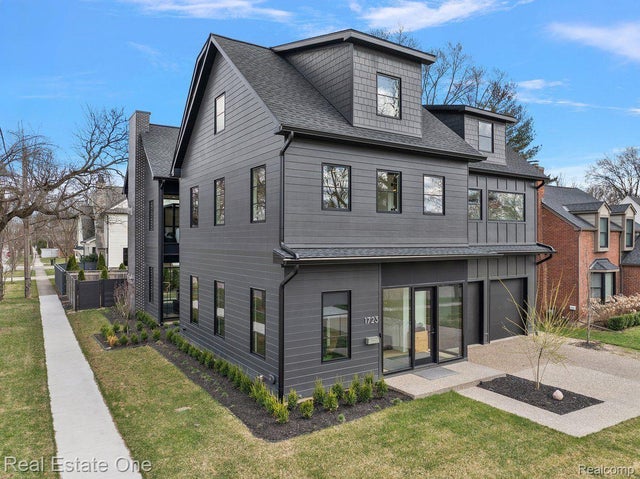

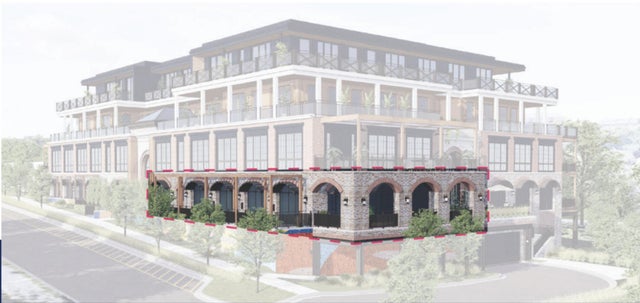


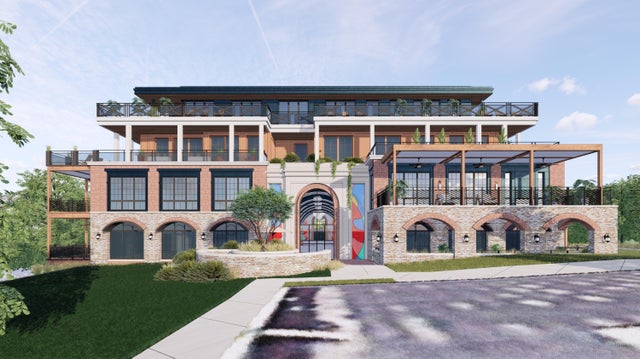
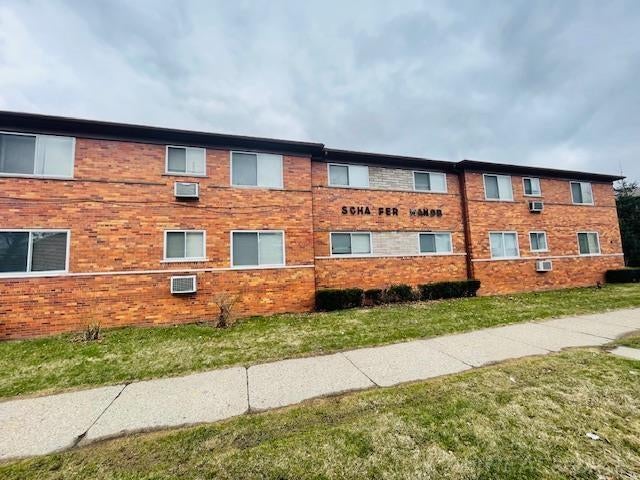
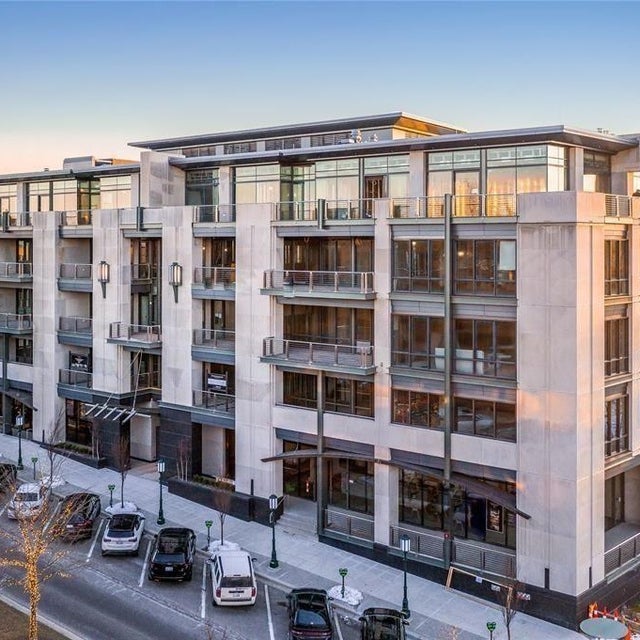

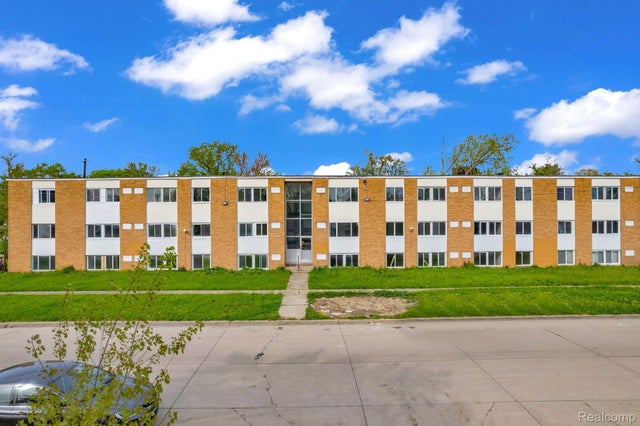


Leave A Comment